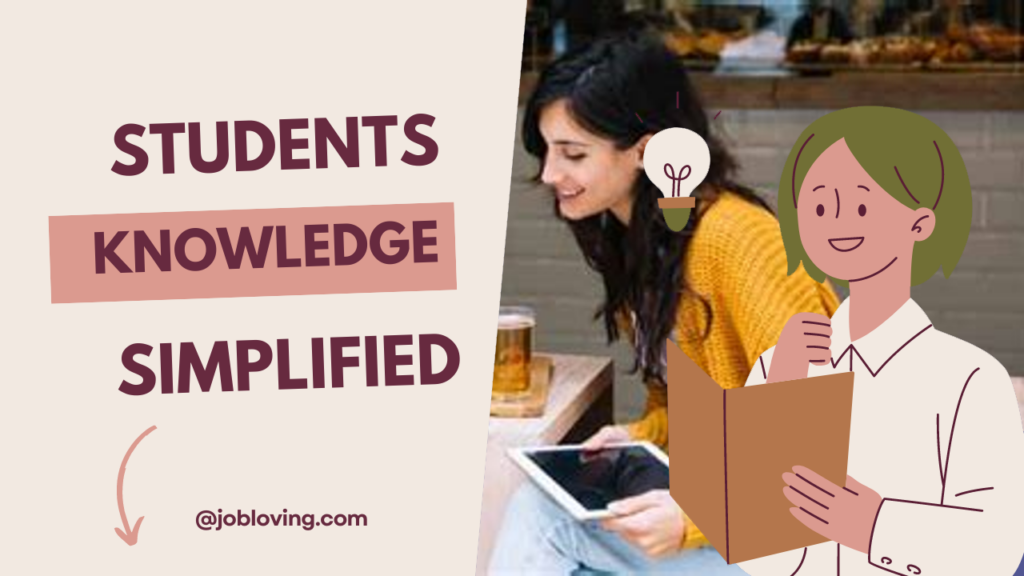What’s the deal with teachers dating students? It’s a question that can stir up plenty of emotions and opinions, and the situation is quite nuanced. When you dig deeper, you’ll find that this realm of relationships often falls under the ominous term known as grooming, which describes the inappropriate cultivation of a personal connection that can lead to unethical behavior. Essentially, when teachers engage in romantic relationships with their students, they’re taking a perilous step over the recognized student-teacher boundary—a critical line that’s meant to ensure students feel safe, respected, and free from any undue influences.
Let’s break it down—when people hear about a teacher getting close to a student, the first thought often veers towards the controversial territory of ethics and safety. A staggering 60-70% of Pennsylvania’s Pennsylvania State Professional Conduct (PSPC) cases highlight sexual misconduct intertwined with student interactions. This hints at a disturbing trend. Such misconduct isn’t just an isolated incident; it’s a broad term that envelops any kind of romantic or sexual behavior deemed inappropriate within the educational setting.
At the heart of this issue lies the complex dynamics that can develop between students and teachers. Teachers sometimes find themselves in a tight spot—balancing emotional vulnerabilities and the friendly demeanor often expected of them. The classroom can be a breeding ground for loose boundaries, especially when teachers morph into confidants or buddies for students. Yet, this familiarity can lead to a slippery slope, where initial innocent interactions sway into something much more problematic.
Let’s not overlook how the implications can ricochet through the lives of everyone involved, especially the vulnerable students. Being entangled in a relationship that crosses ethical lines can leave emotional scars, sometimes devastating. Moreover, the fallout for educators found in these situations can be dire. Losing a job or suffering from certification revocation may be just the tip of the iceberg. Just as crucial is the question: who does this relationship truly benefit? All signs should point to prioritizing the student’s needs above all else, which, unfortunately, is not the case in many scenarios.
The narrative becomes even murkier when we consider the emotional connections that can blossom in academia. Feelings can run deep, leading to friendships or sometimes more intimate bonds that challenge traditional definitions of teacher-student relationships. However, the prevailing view that labels teachers as “predators” oversimplifies the intricacies of human emotions. Relationships built on mutual admiration—when clear lines of consent exist—raise many questions about how we categorize and judge them.
Culturally, the perception of these relationships can vary significantly. Some societies approach teacher-student dating with severe scrutiny, while others might adopt a more casual attitude. The groundwork for societal attitudes is often laid down through values deeply imbued in cultural or religious beliefs surrounding relationships.
In our ever-evolving society, younger generations are more likely to wield liberal ideas concerning connections, challenging the traditional ridicule often associated with teacher-student romances. Yet, as society shifts towards acceptance, the scale of potential repercussions still looms large, impacting the teachers’ careers and reputations.
Ultimately, the norm remains: ethical guidelines must staunchly uphold appropriate boundaries, safeguarding the trust students invest in their educators. It’s vital for teachers to recognize their responsibilities and navigate the tricky waters of relationships by keeping professional decorum firmly in mind. Understanding the layers of complexity involved in a teacher dating a student demands reflection on ethical, social, and cultural implications that transcend simple labels and judgments.
What ethical considerations arise from teacher-student relationships?
Teacher-student relationships raise significant ethical concerns, primarily due to the potential for exploitation of student trust and vulnerability. Maintaining clear boundaries is essential to safeguard student safety and uphold the integrity of the educational profession.
How do cultural perceptions influence the understanding of teacher-student relationships?
Cultural beliefs and societal attitudes heavily shape how teacher-student relationships are perceived. Variations in acceptance of such relationships can lead to misunderstandings and stigmas, complicating discussions about their complexities and nuances.
What are the potential consequences for teachers engaging in relationships with students?
Teachers who engage in relationships with students may face severe professional consequences, including loss of employment and revocation of certification. These relationships can also damage reputations and careers, extending beyond immediate professional repercussions.
How can emotional vulnerabilities impact teacher-student dynamics?
Emotional vulnerabilities in teachers can blur professional boundaries, leading to misinterpretations of student admiration as personal validation. This dynamic complicates the teacher’s role and can result in inappropriate relationships, emphasizing the need for ongoing training and self-awareness.

